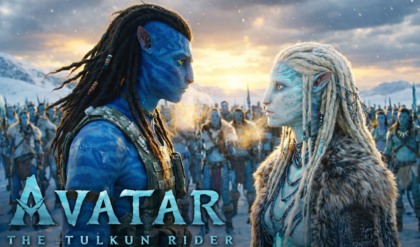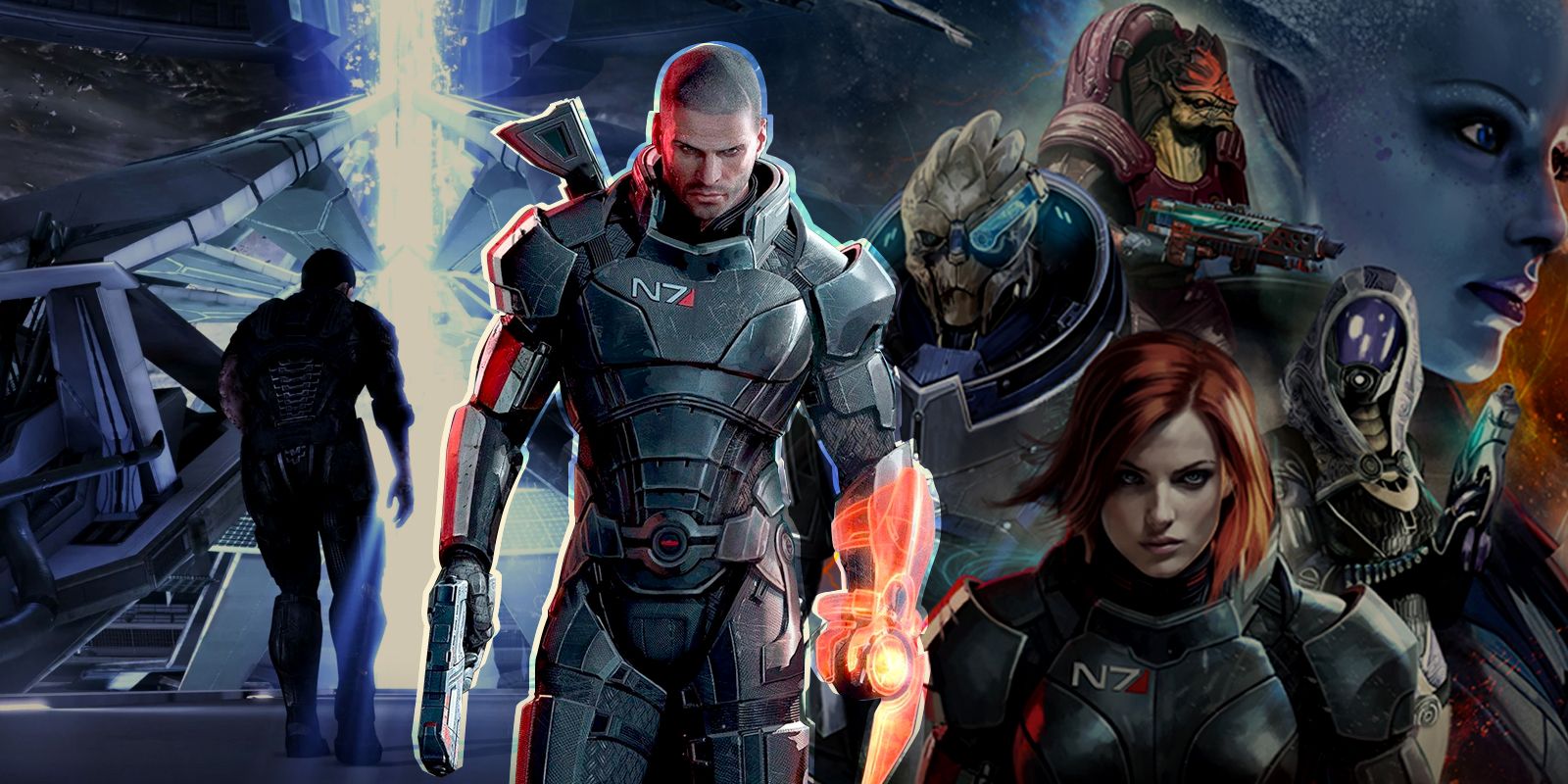
Many, however, overlook the most egregious aspects of the game’s final act. Critics of Mass Effect 3 tend to highlight the structural and narrative issues with its conclusion. They rightly note that, in the end, the player’s choices through three games don’t seem to matter and that the sudden appearance of the Catalyst feels like an unearned deus ex machina. Some highlight its logical inconsistencies, like Captain Anderson’s sudden appearance. The biggest problem with the finale, however, is how it undercuts the game’s core themes.
Mass Effect 3’s Ending Makes a Bold Claim About Artificial Life
Leaning into Classic Sci-Fi Tropes Went Against Everything the Series Set Up Prior
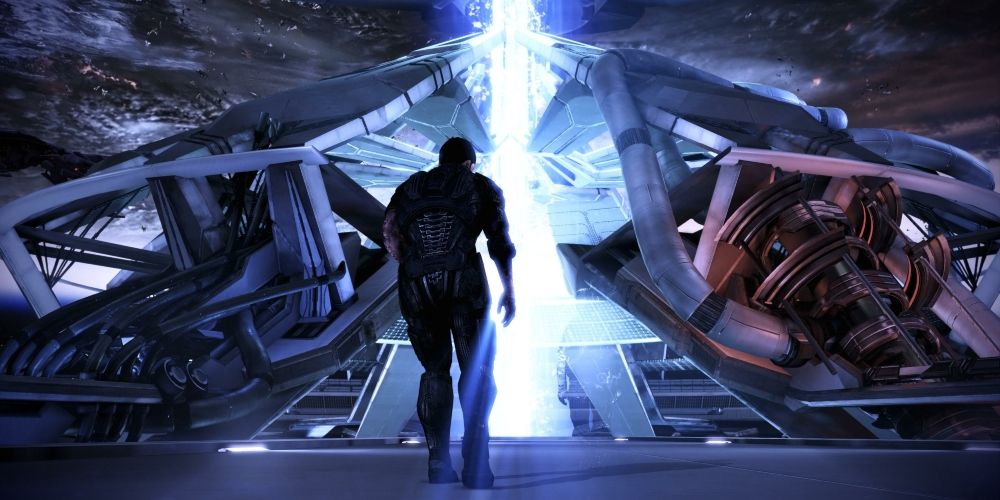
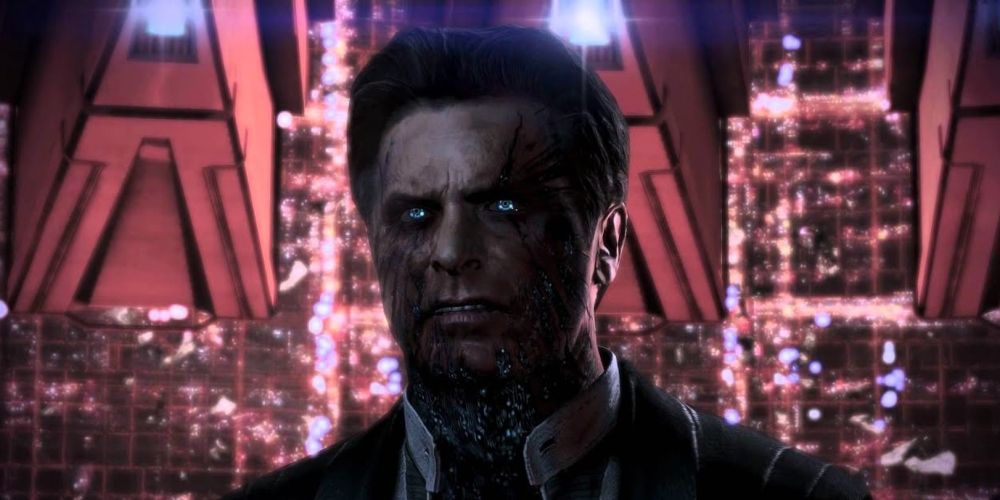
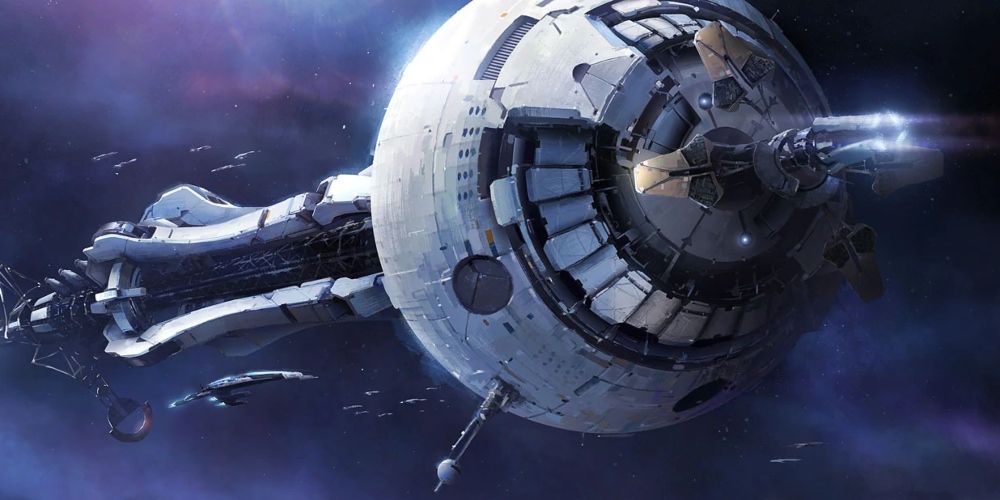
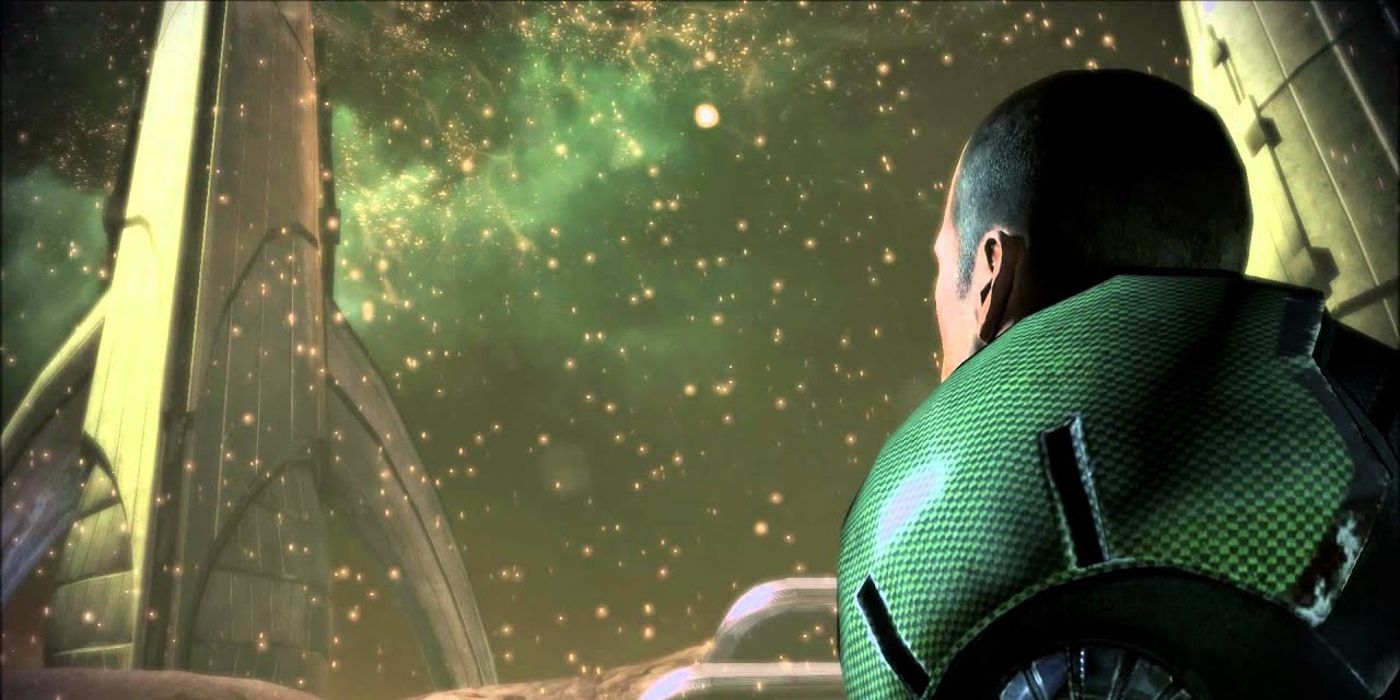




The major reveal at the end of Mass Effect 3 is that the Reapers were created to resolve a recurring problem in the galaxy; conflict between organic and synthetic life. The Catalyst, appearing as a small boy, informs Shepard that he controls the Reapers and uses them to continuously wipe out advanced civilizations before they can create artificial intelligence that will destroy them.
Mass Effect 3 Endings
Choice
Outcome
Destroy
All synthetic life is destroyed
Control
Shepard takes command of the Reapers
Synthesis
All organic and synthetic life is blended
Refuse
Shepard refuses to choose and the cycle of destruction continues
Putting this aside, however, the Catalyst does pose an interesting dilemma that is worthy of great science fiction. Will organic life inevitably develop true artificial intelligence, and will this intelligence necessarily pose an existential threat to its creators? If so, how can this trap be avoided without fundamentally changing the nature of organic life and the drive of intelligent beings to invent and create?
With more careful planning throughout the series and more effort to incorporate these options into what came before, they may have worked from a narrative standpoint and felt like a satisfying conclusion to the story. No amount of refining and rewriting, however, could resolve the thematic problems that this finale introduced. The ending of Mass Effect 3 required players to embrace the idea that synthetic life was a fundamental threat.
It posited that not just the Reapers, but all artificial intelligence would lead to the extinction of organic life. It was rooted in classic science fiction themes regarding the danger of progress and the tendency of humanity towards self-destruction. Unfortunately, these themes ran counter to the rest of the trilogy, and the final game in particular.
Players Can Disprove the Catalyst Throughout Mass Effect 3
The Organics Prove a Greater Threat to the Synthetics
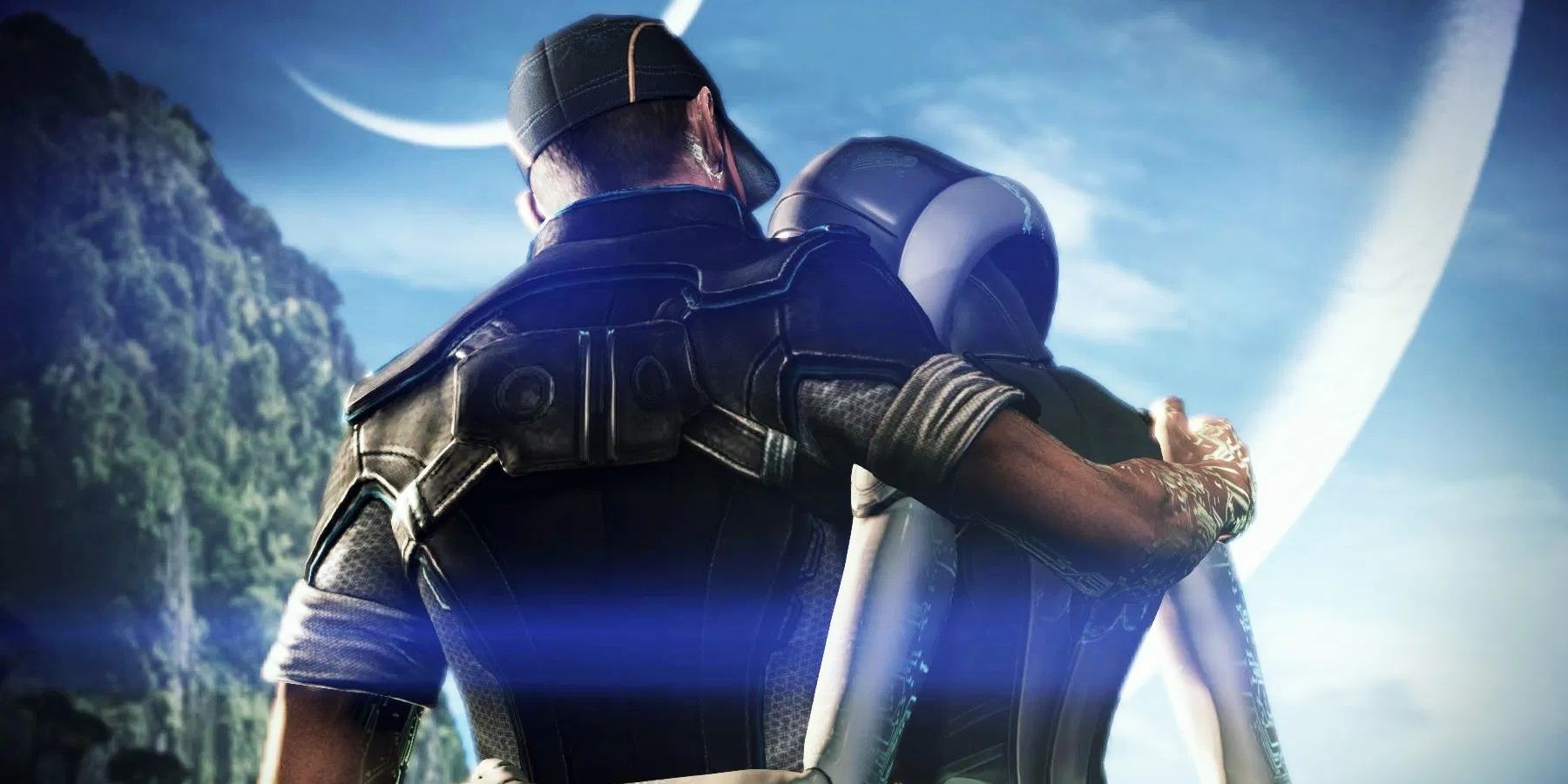
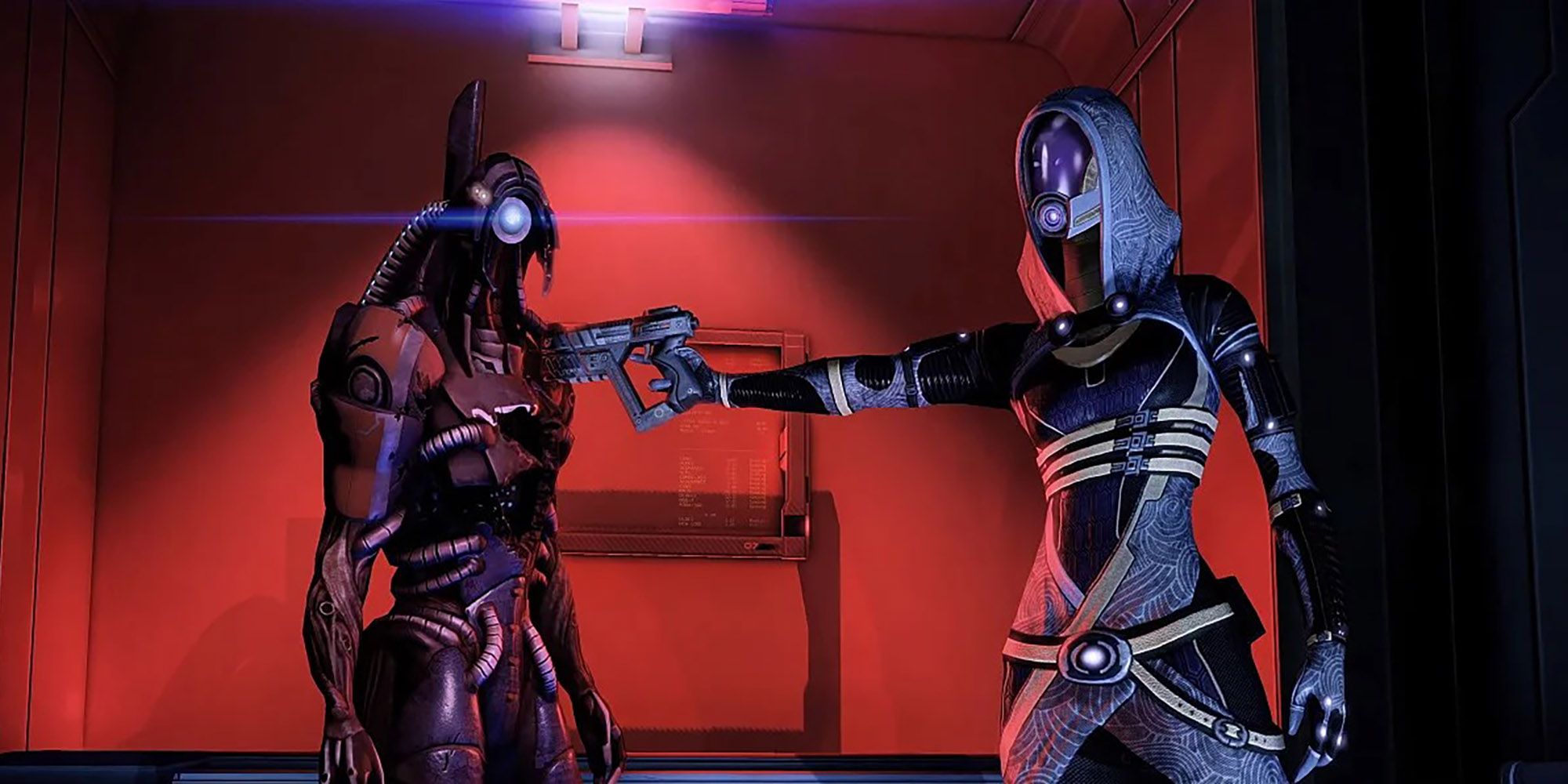
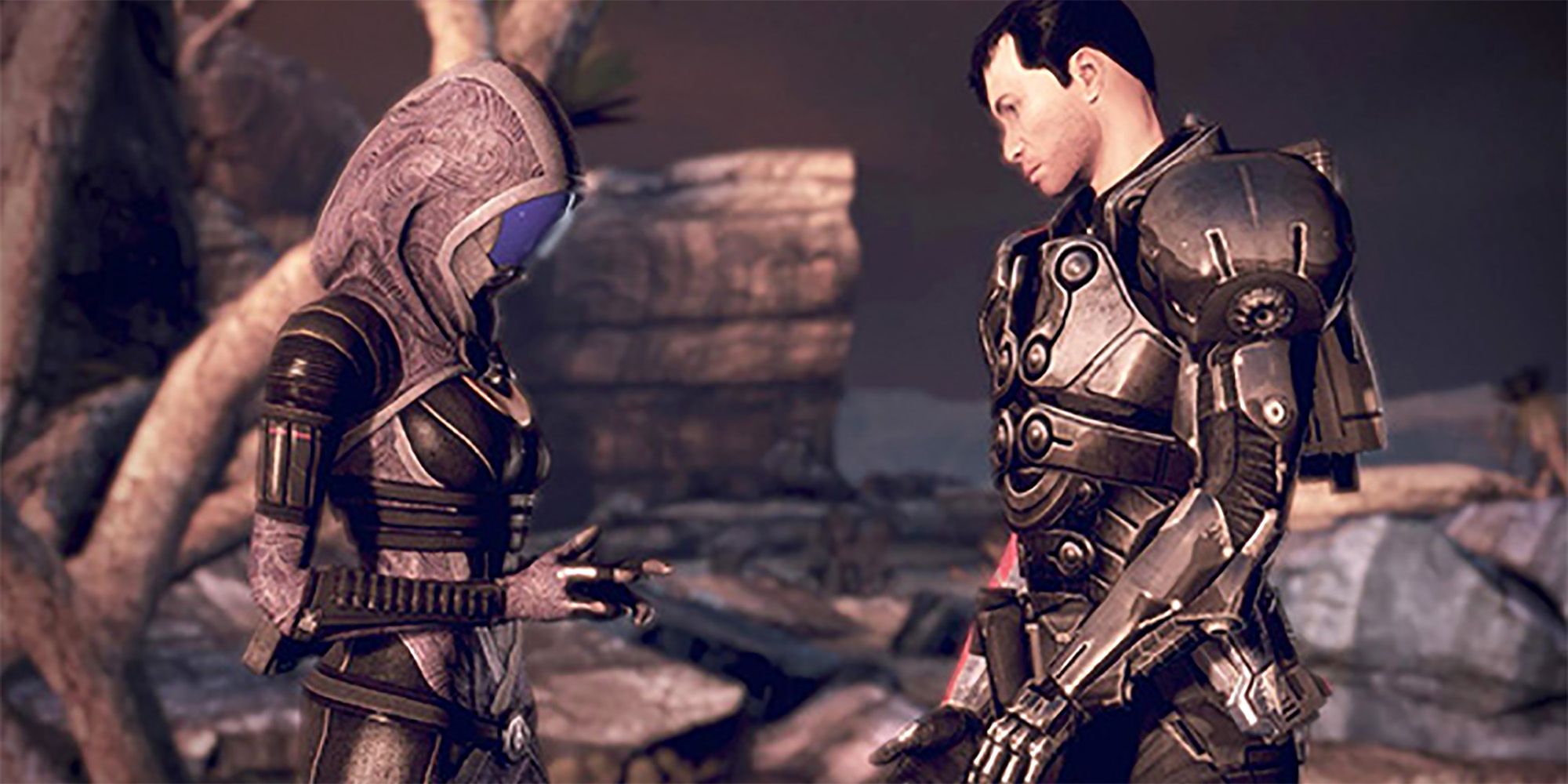
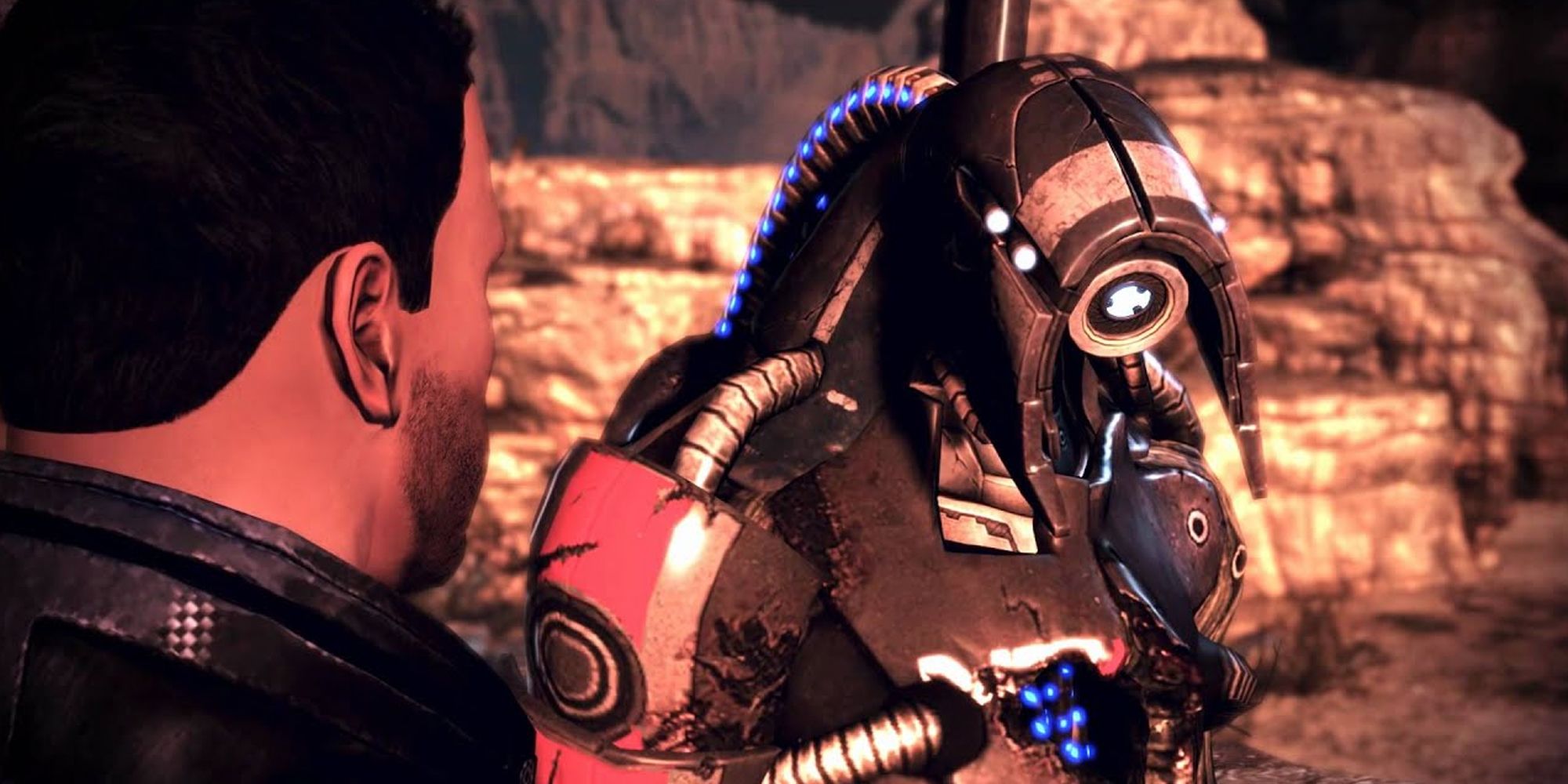




Early in Mass Effect 2, it’s revealed that the new Normandy has an AI system that helps operate the ship. Speaking to fears of uncontrolled AI, this system, dubbed EDI, is “shackled” to prevent it from fully taking control, but she still proves invaluable during early missions. Later, in the third act, Joker is forced to remove all restrictions on EDI to allow her to save the Normandy from the Collectors.
Far from turning on the crew, EDI rescues them and goes on to continue serving the ship and Shepard’s team. She even begins to form a bond with Joker, who previously distrusted her. This friendship would be further developed in the sequel. In Mass Effect 3, after acquiring a robot body, EDI grows closer to Joker and, if the player aids the relationship, it can blossom into romance.
Mass Effect 2 introduced the idea that artificial life could be peaceful and cooperative.
EDI takes control of the Normandy near the end of the game and becomes a major ally.
Fan-favorite companion, Legion, is also introduced in Mass Effect 2.
The pilot and the AI serve as a perfect example of organic and synthetic life peacefully coexisting. This can also be shown on a much grander scale if the player makes the correct decision regarding the Geth and the Quarians.
Further, in resolving the related missions, Shepard discovers that it was the Quarians who first started the war and that the Geth were only acting in self-defense. Far from painting a picture of synthetic life posing an inevitable risk to organics, the entire plotline suggests that organics are more of a threat to synthetics and, if they can learn and grow, a lasting peace is possible.
EDI and Joker, the Quarians and the Geth, and countless other small moments throughout the Mass Effect trilogy show the Catalyst to be completely wrong about life in the galaxy. This completely undercuts the themes the climax hinges on. It’s all the more frustrating as the player, through Shepard, isn’t allowed to raise any of these objections to the Catalyst and is forced to accept its framing of the situation. Even more infuriating is the fact that none of the Catalyst’s solutions make any sense.
The Catalyst’s Solutions Wouldn’t Even Solve the Problem
A Trilogy’s Worth of Storytelling, Wasted
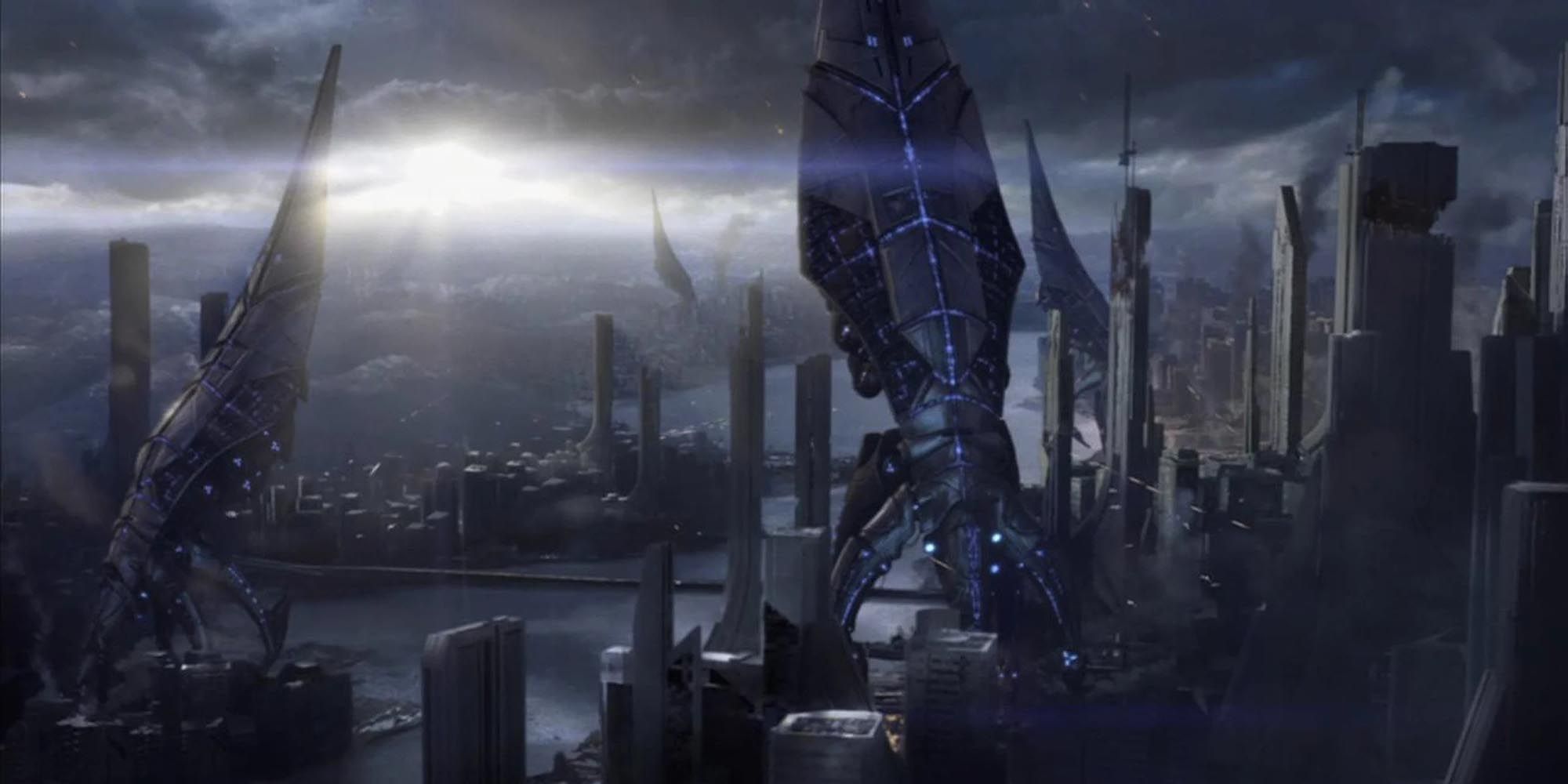
Each of the choices for the ending in Mass Effect 3 has slight variations, depending on the player’s War Asset score.
The so-called “perfect ending” requires choosing “destroy” while having a high War Asset Score.
This is the only ending that implies Shepard may survive.
Choosing “destroy” wipes out all synthetic life, including the Reapers, but it does nothing to stop future generations from creating new artificial life. Choosing “control” puts Shepard in charge of the Reapers but, again, doesn’t prevent new, potentially more powerful machines from being created. “Synthesis,” at least, involves changing life itself and fundamentally addressing the conflict between the two forms of life.
On the other hand, this choice is so vague as to leave open exactly how this merger will work and still leaves open the potential for new synthetic life being created. Collectively, the endings leave players disappointed while failing to even work within their own logical and thematic framework.
Mass Effect 3 remains one of the most controversial titles in modern gaming history. Its ending left many fans upset and cast a shadow over the franchise. Critics, however, should look beyond the surface-level issues to examine their deeper problems. The thematic conflict between the finale and the rest of the series is what truly doomed the game and made for a poor climax to an epic story.

